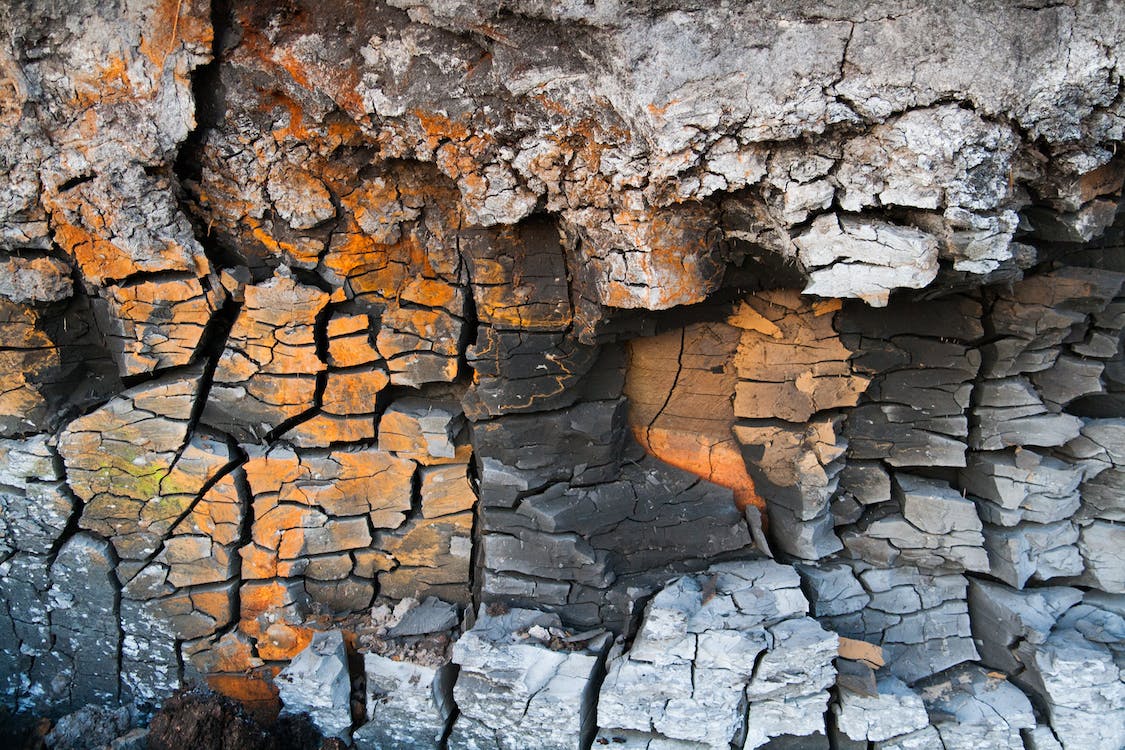Earth science is one of the most diverse fields of science since it primarily studies the various phenomena on our planet. That is why this field of science has several other branches to explore more specific topics regarding the Earth. One of the most significant areas of study under Earth science is geology, which devotes to the origin, history, and structure of our planet.
Interestingly, our world is roughly 4.54 billion years old, according to scientists. Over the years, different discoveries were made, which proves the age of the Earth. We can relate the various methods of determining the age of objects, such as rocks and fossils, to geology.
In this article, we are going to look into the more profound definition of geology, and mainly, what its history is.
What is Geology?
As mentioned earlier, geology is a branch of Earth science devoted to the study of the solid Earth, which consists of the ground beneath our feet. It also focuses on the various rocks that make up the entirety of our planet, as well as the several changes that occur over time.It has a more in-depth study of the Earth’s structure and beneath its surface. Furthermore, it also focuses on the origins of our planet, which gives life to the plate tectonics theory.
Moreover, geology offers a more specific study of the Earth compared to geography. That is why it is often regarded as the most significant branch of Earth Science. Since its development up to our modern world, geology has a variety of methods used by scientists to carefully observe different natural phenomena in our world. The essence of geology in the practical sense is to provide rock description, geophysical techniques, chemical analysis, physical experiments, and numerical modeling.
What is the origin of geology?
We can trace back the earliest accounts of the physical studies of the Earth to ancient Greece. Like any other branch of science, geology is a field of study, wherein several scientists contribute to its development. During the 3rd century BC, the Greek philosopher, and father of botany, Theophrastus, wrote PeriLithon – a written work about the history of stones and mineralogy. Theophrastus’ work was the earliest record of geology, which was followed by the works of ‘Pliny the Elder’ during the 1st century. His studies included several written accounts of various minerals and metals.
Moreover, modern studies of the origins of geology state that it started in ancient Persia. One of the first Persian geologists was Abu al-Rayhan al-Burini, who was the earliest person to work in the geology of India. His work consists of a scientific theory, which states that the Indian subcontinent was once a sea.
Fast forward to the 18th century when geology took a major leap in its development. During this period, the Scottish scientist James Hutton presented his work entitled ‘Theory of the Earth’ to the Royal Society of Edinburgh. His work provided a detailed understanding and speculation of how the Earth’s structure was formed. He stated that the age of our planet must be older than earlier claims by other scientists. He based his speculations primarily from mountains, wherein he declared that the old age of the Earth would allow the process of erosion and formation of new rocks – which will result in the creation of dry land.
The works of Hutton made a significant impact on the advancement of geology and influenced other geologists to have a deeper understanding of our planet. Because of his excellent work, he is often regarded as the father of modern geology.
In the 20th century, one of the most famous geological theory was created by the Canadian geophysicist John Tuzo Wilson. His work consists of the plate tectonics theory, which became a significant basis of our planet’s land origins. This theory became one of the most influential theories during the 20th century, wherein it helped in the extensive development of Earth science. After the work of Wilson, various geologists made their share of studying the planet’s structure and origins, which made the conclusion that the Earth today is roughly 4.5 billion years old. In our modern world, geology remains to be a major field of study by various scientists that aim to gain a deeper knowledge about the history of our planet and its structures.
